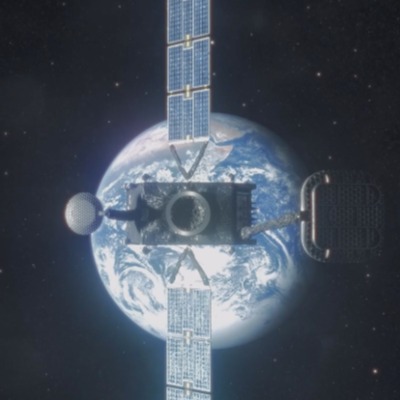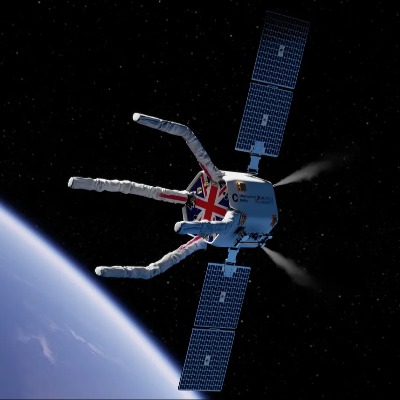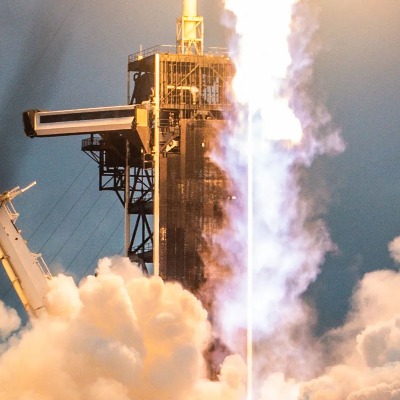DLR's ReFEx Launch Pushed Back To 2025

The German Aerospace Center (DLR) has announced a delay in the launch of its Reusable Flight Experiment (ReFEx) demonstrator. Originally slated for an earlier launch, the project is now targeting a liftoff in 2025.
ReFEx is a crucial step in Germany's ambition to develop reusable rocket technology. The subscale demonstrator is designed to gather valuable data on the challenges and opportunities of landing a rocket stage back on Earth.
The Reusability Flight Experiment (ReFEx) is a technology demonstrator developed by the German Aerospace Center (DLR) with the aim to research and develop key technologies for aerodynamically controlled first stages of reusable launch vehicles. The key technologies developed in the ReFEx experiment include the aerodynamic design and the Guidance, Navigation and Control (GNC) system of the vehicle.
The ReFEx vehicle has a length of 2.7 m, a wingspan of approximately 1.1 m and a mass of around 375 kg. It is not equipped with an engine and is therefore launched by a VSB-30 sounding rocket which carries the experiment to an apogee altitude of approximately 130 km. Thereby a state similar to the first stage separation in conventional space transportation systems is achieved. ReFEx will then perform a return flight along a trajectory comparable to a returning winged first stage of a reusable launch vehicle.
This trajectory can be divided into two phases - an exoatmospheric flight phase directly after separation from the sounding rocket and an atmospheric flight phase. Outside the atmosphere, ReFEx is controlled by the cold gas thrusters of a reaction control system (RCS), whereby several maneuvers are performed to calibrate the sensors and navigation system and to reorient the vehicle’s attitude for atmospheric reentry. During atmospheric flight, the ReFEx vehicle is controlled by aerodynamic control surfaces including two canards and a rudder. Within this phase, particularly challenging flight mechanics conditions arise, which include a wide range of velocities and angles of attack, ranging from hypersonic to subsonic flight conditions, and areas in which control reversal occurs.
The decision to postpone the launch is attributed to the complex nature of the project and the need for thorough testing and refinement. DLR officials have emphasized that the delay will allow for additional engineering work to ensure the success of the mission.
Despite the setback, DLR remains committed to the ReFEx program and its role in advancing reusable rocket technology. The agency believes that the additional development time will contribute to a more robust and successful flight test.
The space industry is closely watching the progress of ReFEx, as it could potentially pave the way for significant cost reductions in space transportation.




